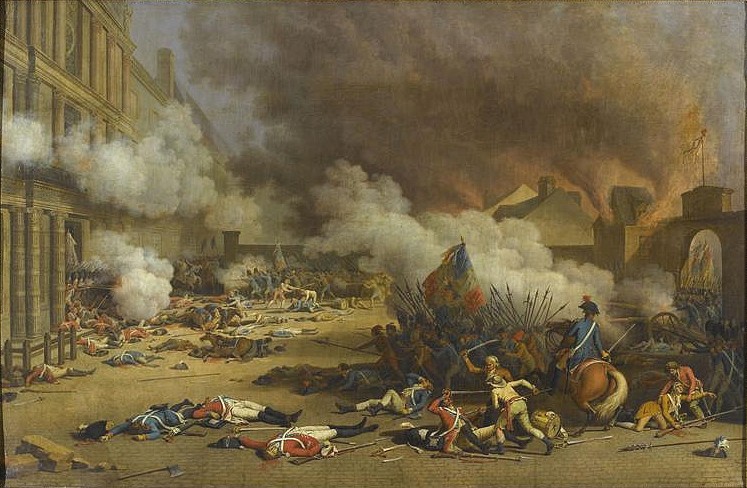- About MAA
- Membership
- MAA Publications
- Periodicals
- Blogs
- MAA Book Series
- MAA Press (an imprint of the AMS)
- MAA Notes
- MAA Reviews
- Mathematical Communication
- Information for Libraries
- Author Resources
- Advertise with MAA
- Meetings
- Competitions
- Programs
- Communities
- MAA Sections
- SIGMAA
- MAA Connect
- Students
- MAA Awards
- Awards Booklets
- Writing Awards
- Teaching Awards
- Service Awards
- Research Awards
- Lecture Awards
- Putnam Competition Individual and Team Winners
- D. E. Shaw Group AMC 8 Awards & Certificates
- Maryam Mirzakhani AMC 10 A Awards & Certificates
- Two Sigma AMC 10 B Awards & Certificates
- Jane Street AMC 12 A Awards & Certificates
- Akamai AMC 12 B Awards & Certificates
- High School Teachers
- News
You are here
Servois' 1814 Essay on the Principles of the Differential Calculus, with an English Translation - A Revolution in France, a Revolution in Calculus
François-Joseph Servois (1768-1847) lived during times of great upheaval. (See [Petrilli 2010] for more biographical information on Servois.) Politically, the French Revolution broke out when he was a young priest of only twenty-one years. As a result of the new social order and the many upheavals and wars that followed the revolution, he chose to become a soldier. Later in his military career, he became a professor of mathematics at various military academies.

Figure 1. The Storming of Tuileries Palace in Paris, 1792. Painting by Jean Duplessis-Bertaux (public domain).
Mathematically, these were also revolutionary times. By the early 19th century, the differential and integral calculus was more than a century old, but mathematicians knew that there were still significant problems with the foundations of the subject. Augustin Louis Cauchy (1789-1857) devised a rigorous, limit-based analysis in the 1820s, which eventually settled the foundational question of the calculus. However, during Servois' period as an active researcher, there were at least three competing foundational notions for the calculus and no clear indication as to which of them would eventually give rise to a satisfactory account.
Robert E. Bradley (Adelphi University) and Salvatore J. Petrilli, Jr. (Adelphi University), "Servois' 1814 Essay on the Principles of the Differential Calculus, with an English Translation - A Revolution in France, a Revolution in Calculus," Convergence (November 2010), DOI:10.4169/loci003487




